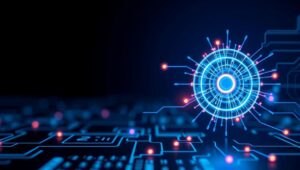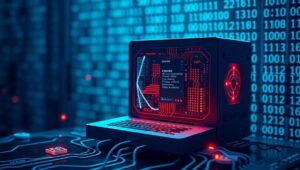Programming Quantum Computers: New Skills for a New Era (2026)
Programming Quantum Computers: New Skills for a New Era (2026) The year is 2026. Quantum computing, once a futuristic dream, is rapidly becoming a tangible reality. As quantum computers move beyond theoretical possibilities and into practical applications, a new demand is emerging: the need for skilled quantum programmers. This article explores the burgeoning field of quantum programming, the skills required, and the opportunities that await those who venture into this exciting new era. The Rise of Quantum Computing Classical computers, which power our current digital world, store information as bits representing 0 or 1. Quantum computers, however, leverage the principles












